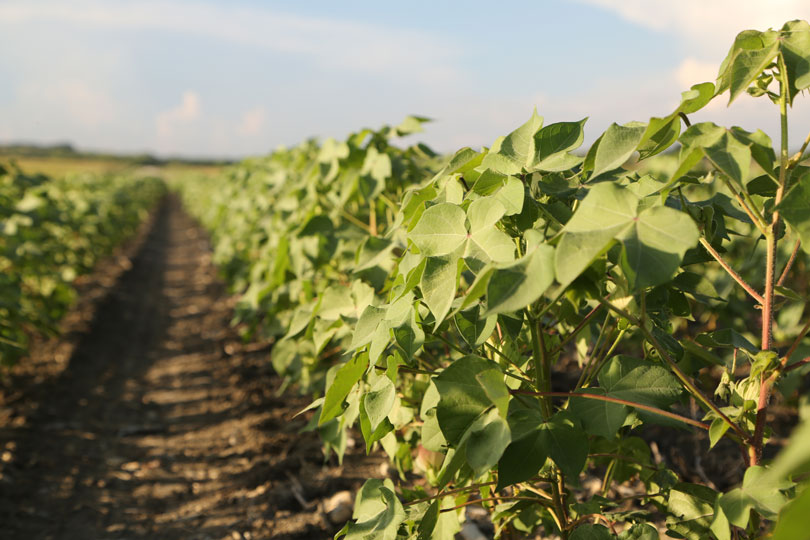By Jessica Domel
Multimedia Reporter
Protect crop insurance, fix the dairy program and include cotton. You spoke. They listened.
U.S. House Agriculture Committee Chairman Mike Conaway of Texas said the input of farmers, ranchers and dairymen from Texas and across the nation really helped shape the draft of the 2018 Farm Bill the committee released Thursday.
“The entire farm bill was talked about at almost all six of the listening sessions,” Conaway said in an interview with the Texas Farm Bureau (TFB) Radio Network. “Crop insurance came up every time, and the most succinct comment by one producer who looked at me and said, ‘Conaway, don’t screw up crop insurance.’ So I took him at his word to try to protect crop insurance.”
The committee’s version of the bill, HR2 or the Agriculture and Nutrition Act of 2018, fine tunes crop insurance in lieu of an overhaul.
TFB was also involved in a national working group to help examine and provide guidance to shape the American Farm Bureau Federation’s policy on the farm bill and collaborate with elected officials on the legislation.
“Texas Farm Bureau has worked hard on the Farm Bill Task Force to come up with some positive farm policy changes for our farmers and ranchers,” Brant Wilbourn, TFB associate director of Commodity and Regulatory Activities, said. “While we are still reviewing the legislation, it is positive to see many of these key provisions are included in the 2018 Farm Bill. We commend Chairman Conaway and his staff for their hard work on this legislation and look forward to continuing our work together to get it passed.”
“(Congressman) Collin (Peterson) wanted to make some fine tuning on the dairy program. We’ve done that. He was not all that happy with what (Sen.) Leahy had done. So we went with his suggestions on the dairy,” Conaway said. “Cotton is back under the program along with dairy, but no big changes there. We do allow a one-time update on yields for folks who have been in severe droughts in the relevant time change.”
The 2014 Farm Bill was written when commodities had hit record high prices, but today, farmers and ranchers face different circumstances.
Net farm income is now down 50 percent.
Conaway said the bill reauthorizes and strengthens the Agriculture Risk Coverage (ARC) and Price Loss Coverage (PLC) options through 2023.
The 2018 Farm Bill gives farmers and ranchers an opportunity to make a new choice between ARC and PLC. Once selected, a producer will remain with the program for the full length of the farm bill, which is five years unless extended.
ARC County will be improved, according to Conaway, because under their plan it will use data from the U.S. Department of Agriculture’s Risk Management Agency and National Agricultural Statistics Services.
That will help minimize disparities between counties.
Looking to the current trade situation with China, the 2018 Farm Bill draft submitted by the House Agriculture Committee maintains the long-standing legal authority for the U.S. Secretary of Agriculture, now Sonny Perdue, to provide assistance to farmers and ranchers affected by unfair trade practices.
“Sonny Perdue has some extraordinary authorities and powers to address things, so there’s no real direct fix in the farm bill,” Conaway said.
Section 32, which allows Perdue to take money from customs duties and use it for disaster payments, purchasing surplus commodities and donating them to schools and other institutions, was revised with the passage of the recent omnibus appropriations bill.
The farm bill draft also works to combine things in the market development and access programs to develop a baseline to promote trade.
The draft includes funding for a vaccine bank for Food and Mouth Disease.
It also increases the acreage allowed in the Conservation Reserve Program.
The Supplemental Nutrition Assistance Program, or SNAP, section includes many changes, as well.
The House Agriculture Committee is expected to take up their draft of the farm bill on Wednesday, April 18, at 9 a.m. (Central).
Conaway said his intention is to get the bill out of committee and through the process so the nation has a new farm bi

